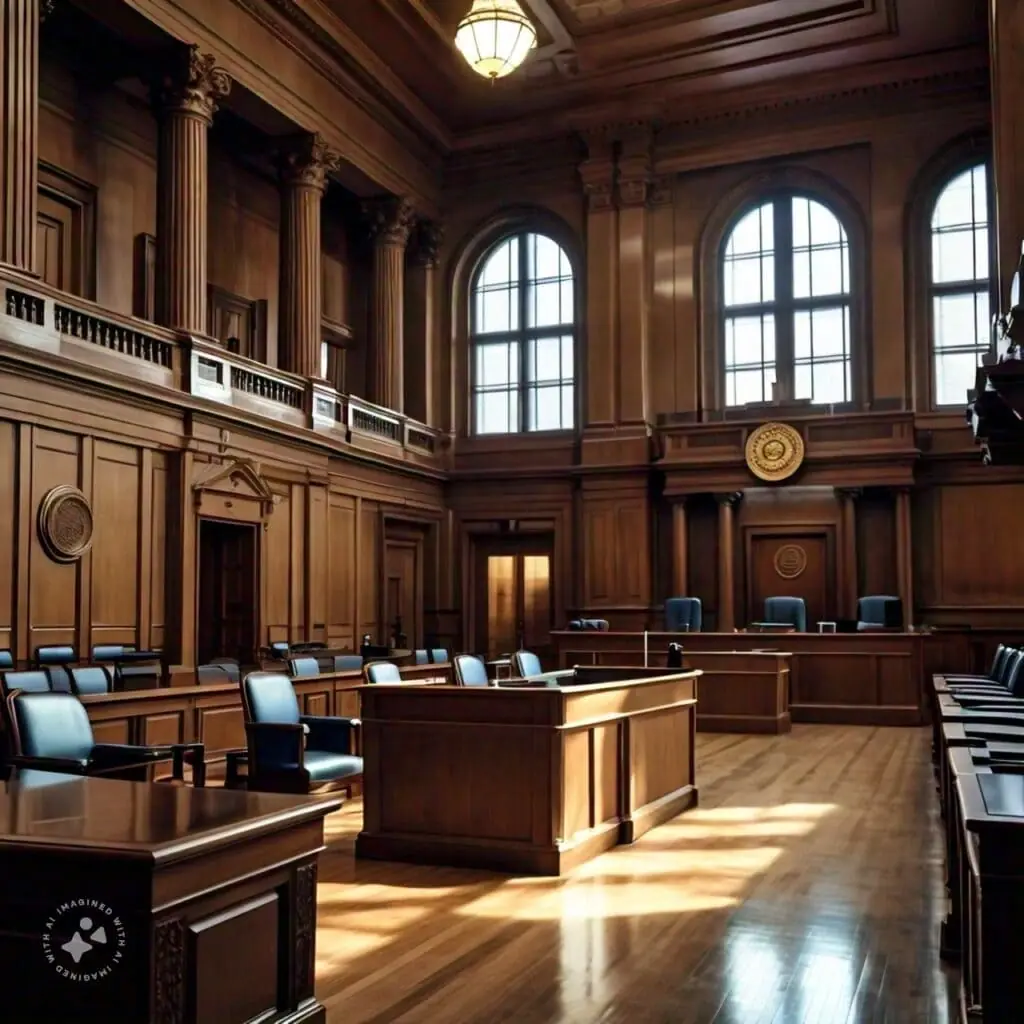Introduction
The groundbreaking legal cases involving O.J. Simpson have long been a source of fascination and controversy in the American legal system. His passing last week at age 76 has seen his fame and infamy revisit the public spotlight, with media around the world equally revisiting the depth and scope of his legal battles.
While Simpson was famously criminally acquitted of the murders of his ex-wife Nicole Brown Simpson and her friend Ronald Goldman, he was later found civilly liable for their wrongful deaths.
Distinction Between Criminal and Civil Liability
The distinction between criminal and civil liability is crucial in understanding the Simpson case.
In a criminal trial, the burden of proof is "beyond a reasonable doubt.” This is a very high standard that requires the prosecution to conclusively demonstrate the defendant's guilt.
However, in a civil lawsuit, the burden of proof is lower, requiring only a "preponderance of the evidence" to find the defendant liable.
It is impossible to overestimate the importance of the delineation between these two standards; it forms part of the foundation of criminal and civil law.
Why Is This Difference in Standards Important?
This difference in standards is what allowed the families of Nicole Brown Simpson and Ronald Goldman to successfully sue O.J. Simpson in civil court, even after his criminal acquittal.
The civil jury unanimously found that Simpson was liable for the wrongful deaths of the two victims, and awarded the Goldman family $8.5 million in compensatory damages.
In other words, as the world discovered with O.J. Simpson, one can be “innocent,” yet “liable.” This will always, understandably, be a difficult concept for people to grasp as it is, to an extent, counterintuitive.
What is Wrongful Death as a Legal Concept?
The concept of "wrongful death" is central to this civil case. Wrongful death is a type of civil lawsuit that arises when someone's negligence or intentional actions result in the death of another person. Unlike a criminal murder charge, a wrongful death lawsuit is focused on compensating the victims' families for their losses, rather than punishing the perpetrator.
In the O.J. Simpson case, the civil jury effectively found that while the criminal justice system could not prove Simpson's guilt "beyond a reasonable doubt," the preponderance of evidence showed that he was responsible for the deaths of Nicole Brown Simpson and Ronald Goldman.
In practice, this lower burden of proof allowed the civil case to succeed where the criminal trial had failed.
Is Civil Liability the Same As a Criminal Conviction?
It's important to note that a civil judgment of liability is not the same as a criminal conviction. While the civil jury found Simpson responsible for the wrongful deaths, he was not sentenced to any criminal punishment like incarceration. The civil judgment simply required him to pay monetary damages to the victims' families.
This distinction highlights a key difference between criminal and civil law. Criminal law is focused on punishing wrongdoers and protecting society, while civil law is more concerned with compensating victims and resolving private disputes.
The O.J. Simpson case demonstrates how these two parallel legal systems can produce very different outcomes for the same underlying events. This, understandably, has been and remains a concept difficult for many people to fully understand. In part, this is because, in common usage, we often inaccurately say that a defendant is guilty in a non-criminal matter, rather than they they are liable.
Legal Concepts Exist Not in a Theoretical Vacuum But In the Real World
The O.J. Simpson case also sheds light on the complex interplay between race, class, and the American justice system. Simpson's high-profile criminal trial was widely seen as a referendum on the treatment of African Americans by law enforcement and the courts. His acquittal was celebrated by many in the Black community as a long-overdue victory against systemic racism.
However, the subsequent civil trial revealed how wealth and privilege can also skew the scales of justice. Simpson's vast resources allowed him to mount an aggressive defense that ultimately failed to convince the civil jury, but succeeded in delaying the final judgment for years.
This highlights a broader truth about the American legal system - that it is not always a level playing field, and that the outcomes can be heavily influenced by factors beyond the simple facts of a case.
The Simpson saga that we are now collectively remembering serves as a sobering reminder that actual justice is often elusive, and that the pursuit of it is an ongoing struggle.
Food for Thought
The O.J. Simpson criminal and civil cases provide a powerful illustration of the complex interplay between criminal and civil liability, and the concept of wrongful death.
While Simpson's criminal acquittal shocked many, the subsequent civil judgment against him demonstrated the flexibility of the American legal system to hold individuals accountable, even in the face of seemingly insurmountable odds. The lessons of this case continue to resonate, serving as a testament to the enduring pursuit of justice in all its forms.



